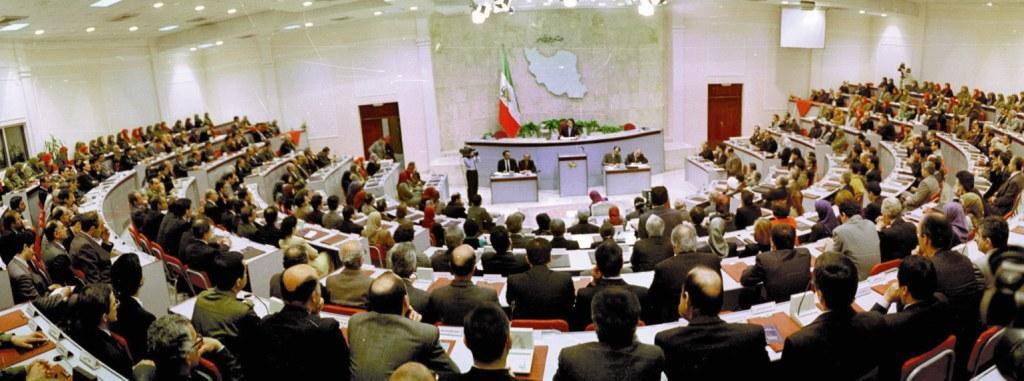The National Council of Resistance of Iran (NCRI) is a coalition of some 540 political and distinguished Iranian personalities and five organizations of different persuasions who are committed to a democratic, secular and coalition government in Iran. The organization is comprised of 50% female council’s members. Five organizations are also members of the NCRI, including the People’s Mojahedin Organization of Iran (PMOI, MEK), the largest and most popular resistance group inside Iran. Several thousand members of parliaments, political leaders and party officials in Europe and the United States have supported the NCRI as a viable and democratic alternative against the mullahs’ dictatorship in Iran.
On July 29, 1981, Massoud Rajavi announced the formation of the National Council of Resistance of Iran, the democratic alternative to the religious, terrorist dictatorship, the Iran Regime.

Since the formation of the NCRI, Massoud Rajavi has concentrated his efforts to the Council. His management of NCRI’s affairs has earned him the trust of the NCR’s members. The NCRI elected wife of Massoud Rajavi, Maryam Rajavi as the future President of Iran in August of 1993. Madam Rajavi’s mandate is to oversee the peaceful transfer of power to the Iranian people following the regime’s overthrow.
The National Council of Resistance of Iran believes:
- Human Rights:
Freedom of association, freedom of thought and expression, media, political parties, trade unions, councils, religions and denominations, freedom of profession, and prevention of any violation of individual and social rights and freedoms.
- Women:
The right of women to vote and stand as candidates in all elections, and the right to vote in all referenda.
The right to employment and free selection of profession, and the right to hold any public office, including the presidency or judgeship.
The right to freely choose clothing.
The right to use, without discrimination, all instructional, educational, athletic, and artistic resources; the right to participate in all athletic competitions and artistic activities.”
- Economy:
The council accepts national capitalism and the bazaar, private ownership and enterprise, as well as private investment.
The need to utilize the latest scientific and technical achievements and views relations with industrial countries necessary to reconstruct Iran’s economy.
- Freedom of Religion:
The NCRI believes in the separation of Church and State.
National Minorities:
The NCRI recognizes the rights of all ethnic and national minorities.
- International Relations:
The council’s foreign policy is based on independence, respect for the United Nations Charter and international conventions and treaties, good neighborliness, international and regional cooperation and non-interference in the internal affairs of other countries.
The NCRI supports the Middle East peace process.
The NCRI opposes nuclear proliferation and the production of weapons of mass destruction and ballistic missiles.
For More Information about NCRI:
Subscribe to NCRI Youtube Channel
